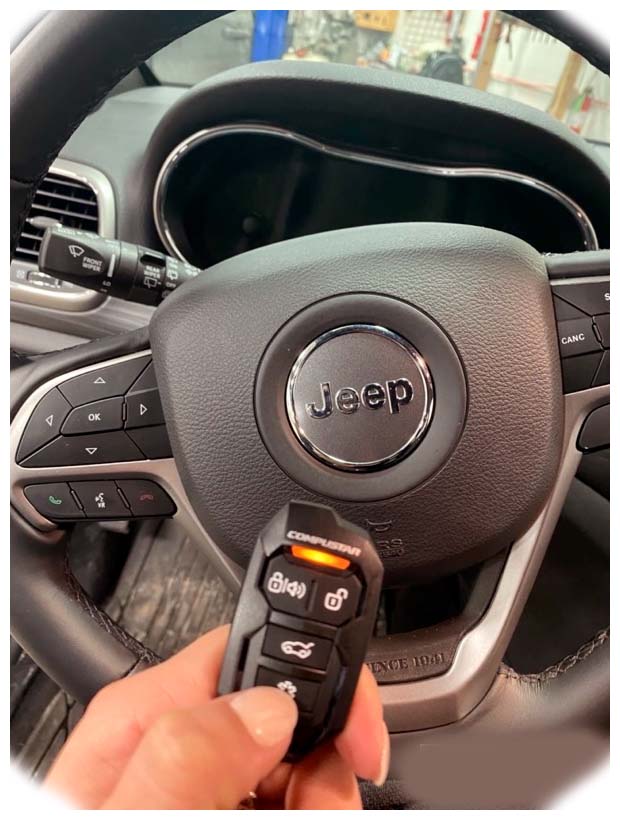Remote start is a feature in many modern vehicles that allows the engine to be started remotely via a key fob, smartphone app, or other device. This feature provides convenience and comfort, but some people worry that it may come with an extra cost: increased fuel consumption. Does remote start use more gas in a Jeep? In this article, we will discuss how remote start works in Jeeps and explore whether there is an increase in fuel consumption when using this feature.
How Remote Start Works in Jeeps
Remote start is a convenient feature that allows Jeep owners to start their vehicles remotely, typically using a key fob or a smartphone app. This technology enables drivers to warm up or cool down their Jeeps before getting inside, enhancing comfort and convenience. How remote start works in Jeeps can vary depending on the model and the specific remote start system installed. Generally, the remote start system communicates with the vehicle’s engine control unit (ECU) to initiate the starting process. When activated, the system sends a signal to the ECU, which then starts the engine, engages the necessary systems, and adjusts the climate control settings based on pre-set preferences. Some remote start systems also provide additional features, such as locking and unlocking the doors, activating the alarm system, or controlling the vehicle’s functions through a smartphone app. Overall, remote start technology in Jeeps adds an extra level of convenience by allowing owners to start their vehicles remotely, ensuring a comfortable and ready-to-go driving experience.
 Is There an Increase in Fuel Consumption When Using Remote Start?
Is There an Increase in Fuel Consumption When Using Remote Start?
The short answer is yes – using remote start does increase fuel consumption slightly because your engine will be running even though no one is driving the vehicle at that time. However, this increase in consumption tends to be minimal and shouldn’t cause significant changes to your fuel efficiency. This is especially true when using newer models of Jeeps, as their engines are designed to be more fuel-efficient when running for short periods of time. While we’re discussing remote features, you might also want to consider the best alarm system for Jeep. An effective alarm system not only secures your vehicle but also integrates well with features like remote start for a seamless user experience.
Tips for Reducing Fuel Consumption with Remote Start
Although remote start does have a slight impact on your Jeep’s fuel efficiency, there are some measures you can take to reduce this effect:
-
Make sure your engine is in good condition and well-maintained. Proper maintenance ensures that the engine runs efficiently and reduces unnecessary consumption of fuel.
-
Make sure the key fob or smartphone app is turned off after starting the car, as having it remain on could cause the engine to continue running unnecessarily and increase gas usage over time.
-
Try not to use remote start for extended periods of time or during hot summer days, as this could put additional strain on the vehicle’s cooling system and lead to increased gas consumption.
Conclusion
Remote start technology provides Jeep owners with a convenient way to start their cars from outside of the vehicle, without having to physically enter it each time they drive. While this feature does increase fuel consumption slightly, taking simple steps like regularly maintaining the engine and turning off the key fob or smartphone app after starting the car, can help reduce this effect.

 Is There an Increase in Fuel Consumption When Using Remote Start?
Is There an Increase in Fuel Consumption When Using Remote Start?
Add Comment